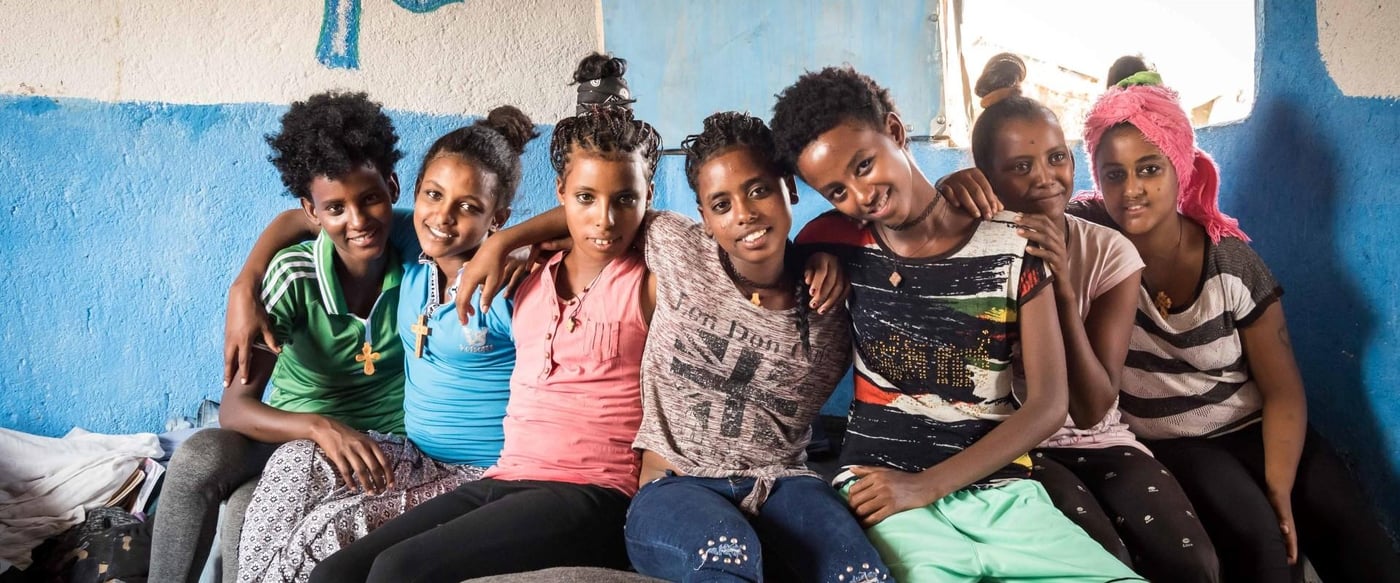The Norwegian Refugee Council is an independent humanitarian organisation helping people forced to flee. We work in crises across 31 countries, where we help save lives and rebuild futures.
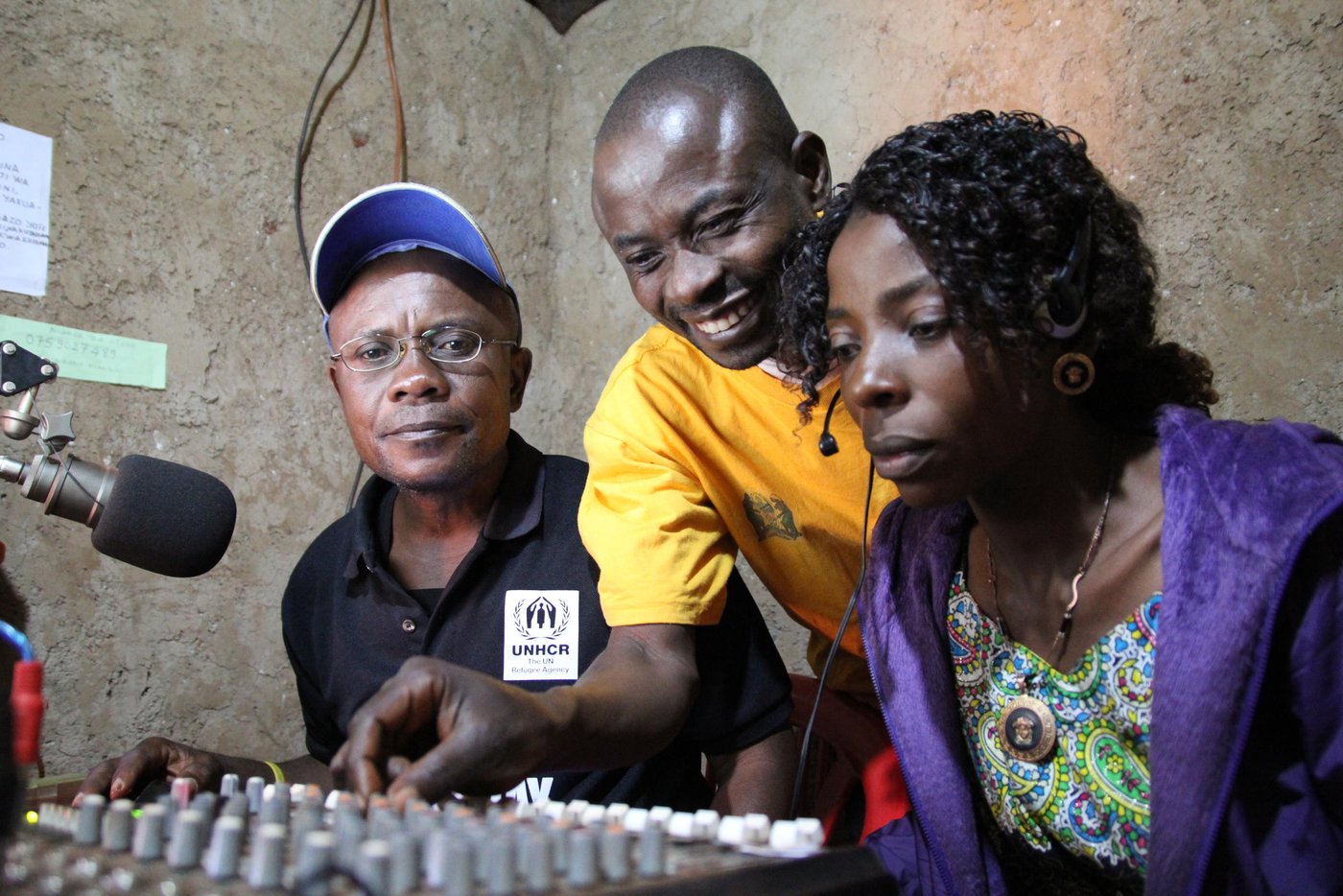
TANZANIA
The Radioman
Journalists are often harassed and arrested in the Democratic Republic of the Congo and Tanzania. That didn’t stop Jonathan from starting his own radio station.
When Jonathan from DR Congo first arrived in Tanzania’s Nyarugusu refugee camp in 1997, he was wary. There was little information circulating about issues affecting the camp´s residents. In Nyarugusu, one of the largest refugee camps in the world, things were happening. But nobody knew about them.
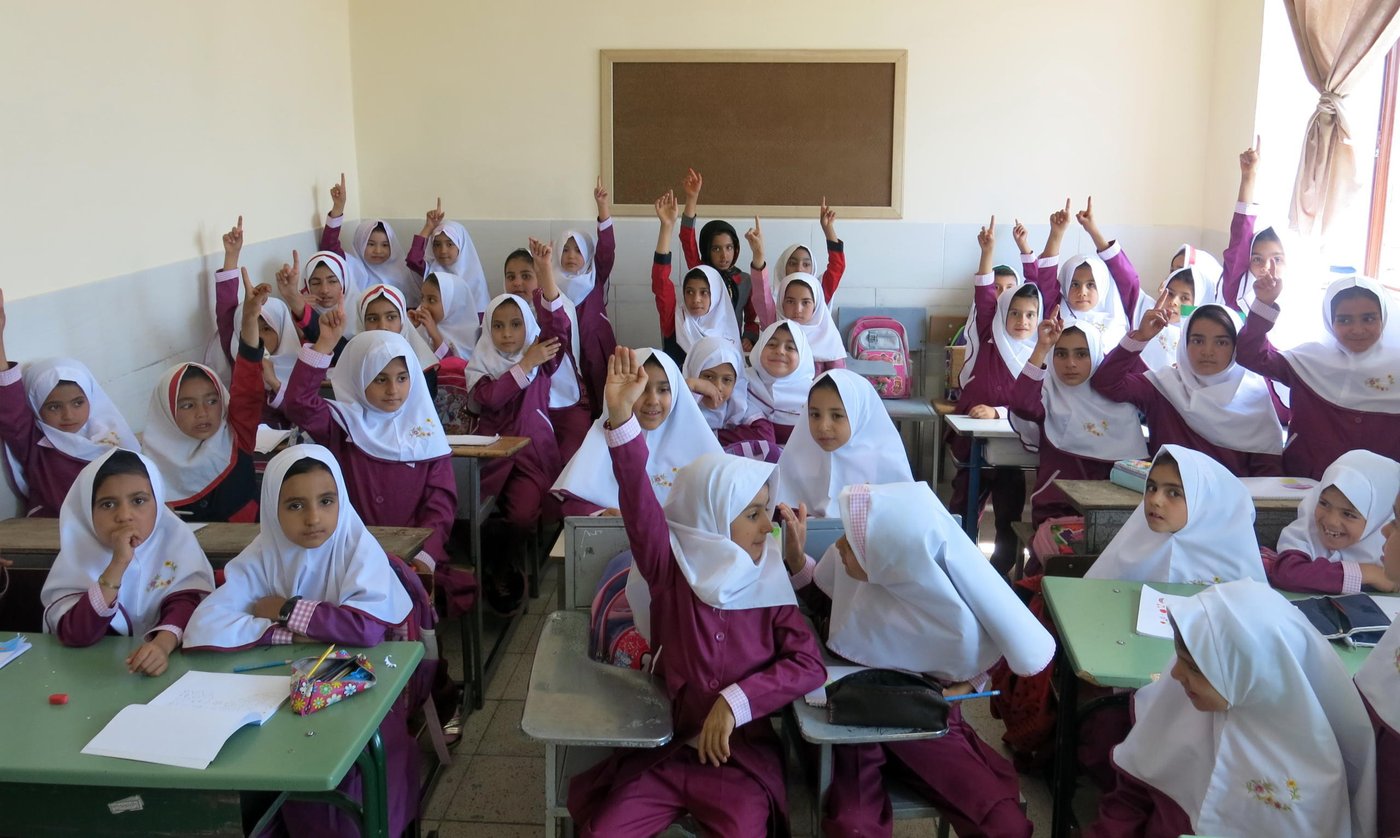
IRAN
First day of school
Afghan schoolchildren are joining their Iranian peers on the first day of school.
It’s 23 September, first day of autumn. The day when, after three months of summer break, schoolgirls and boys throughout Iran return to a new year of studies. Over the past three years, Iranian public schools have also opened their doors to Afghan children without legal documentation – children who would otherwise not have the right to attend school.
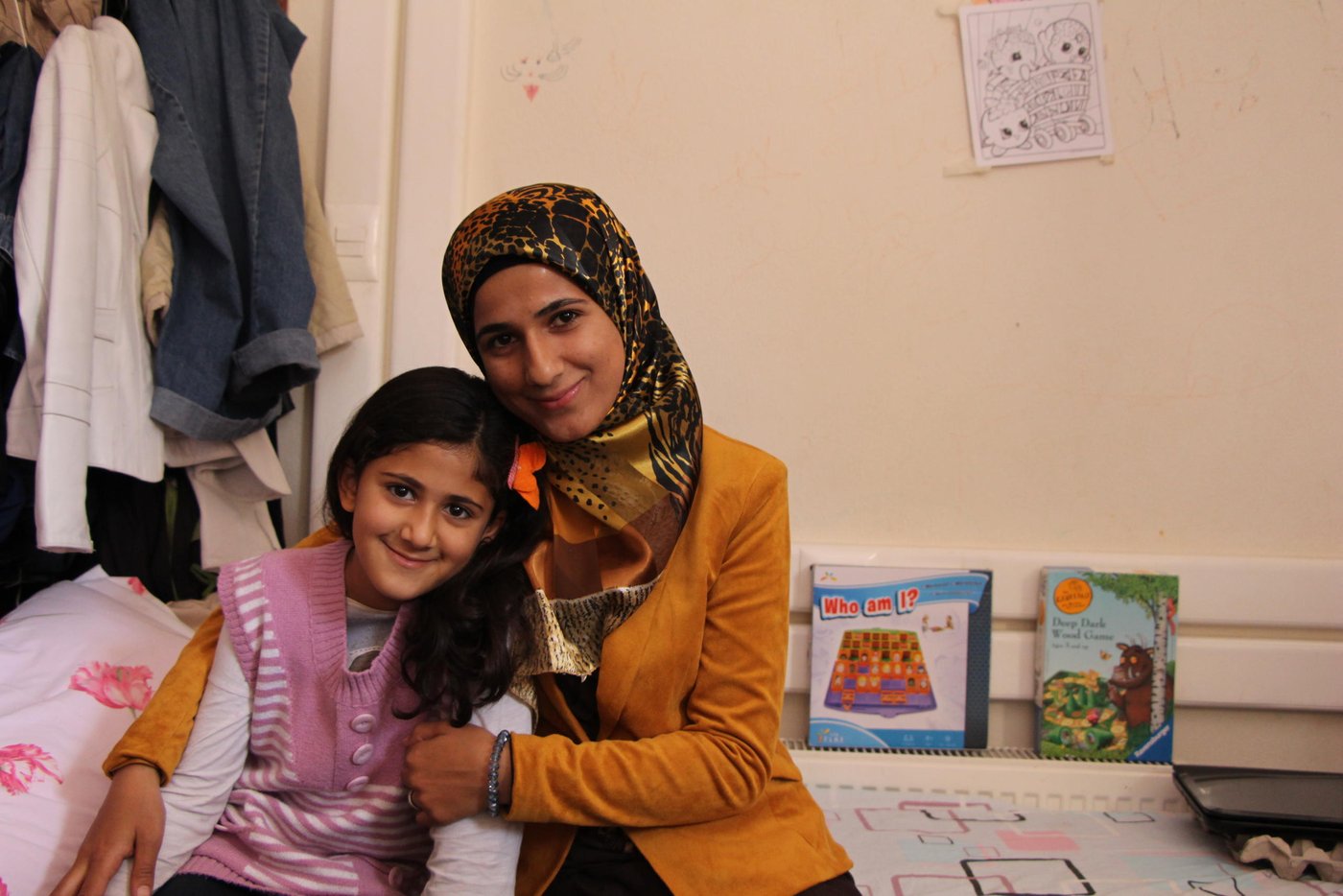
GREECE
Once a dropout, now a teacher
The Syrian war has turned many lives upside down. For Douaa Sakhnini, it has also reversed traditional gender roles.
At 18 years old, Douaa Sakhnini got married. At 19, she enrolled in university. At 20, she had her first child and dropped out to become a full-time mother. She watched with envy as her friends graduated and got jobs.
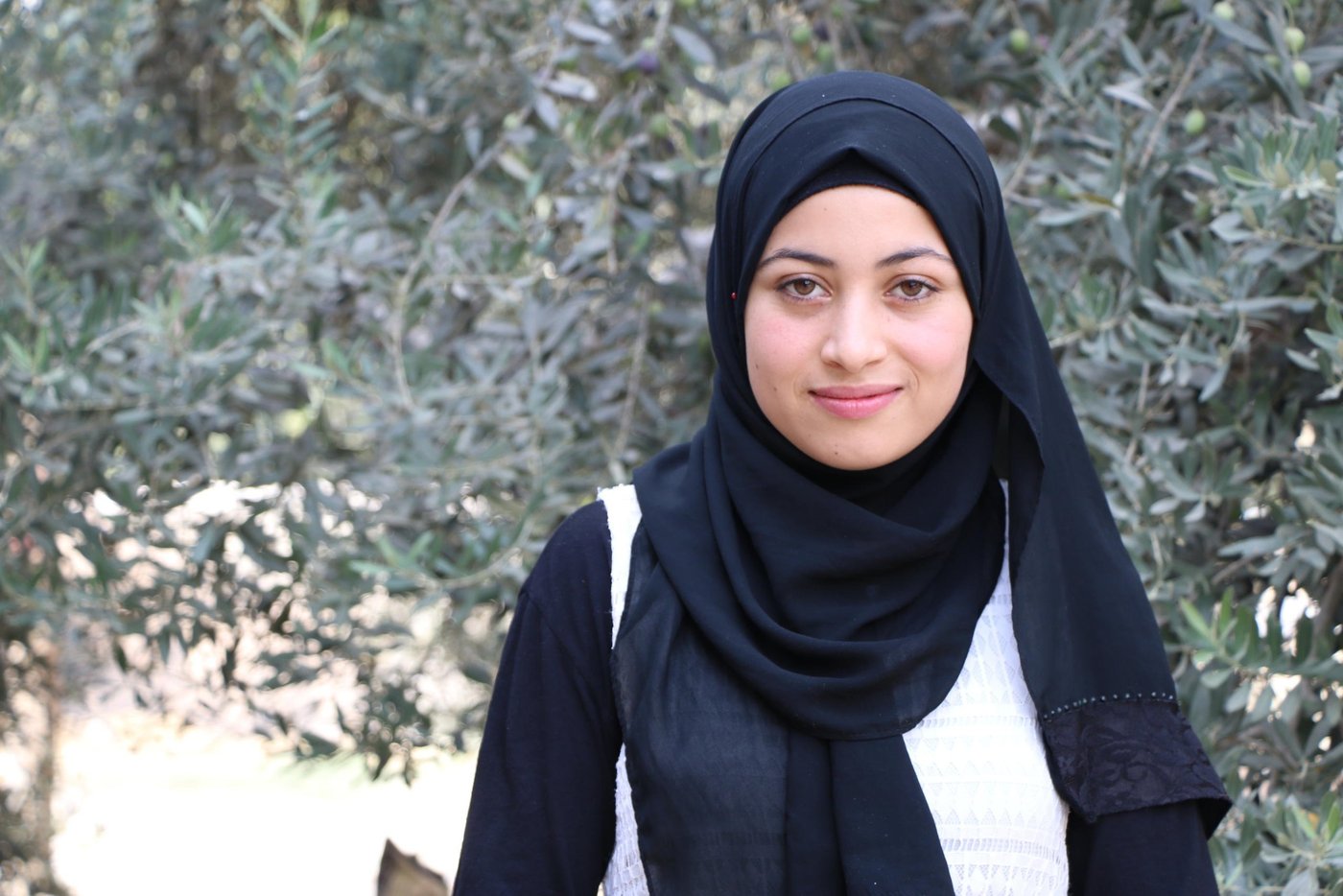
LEBANON
Education first
As the Syrian crisis is in its seventh year accessing formal education is still difficult for refugees. Hundred thousands of children are deprived from education opportunities as they are forced to help their families make ends meet. However, for 17-year old Yasmine* and her family education remains a top priority.
“I was told that grade 9 is very difficult, and it’s not easy to pass it especially since I attend the second shift schools in the afternoon for Syrian refugees. But, I wasn’t afraid at all when I sat for the official exams. The questions were easy,” says Yasmine.
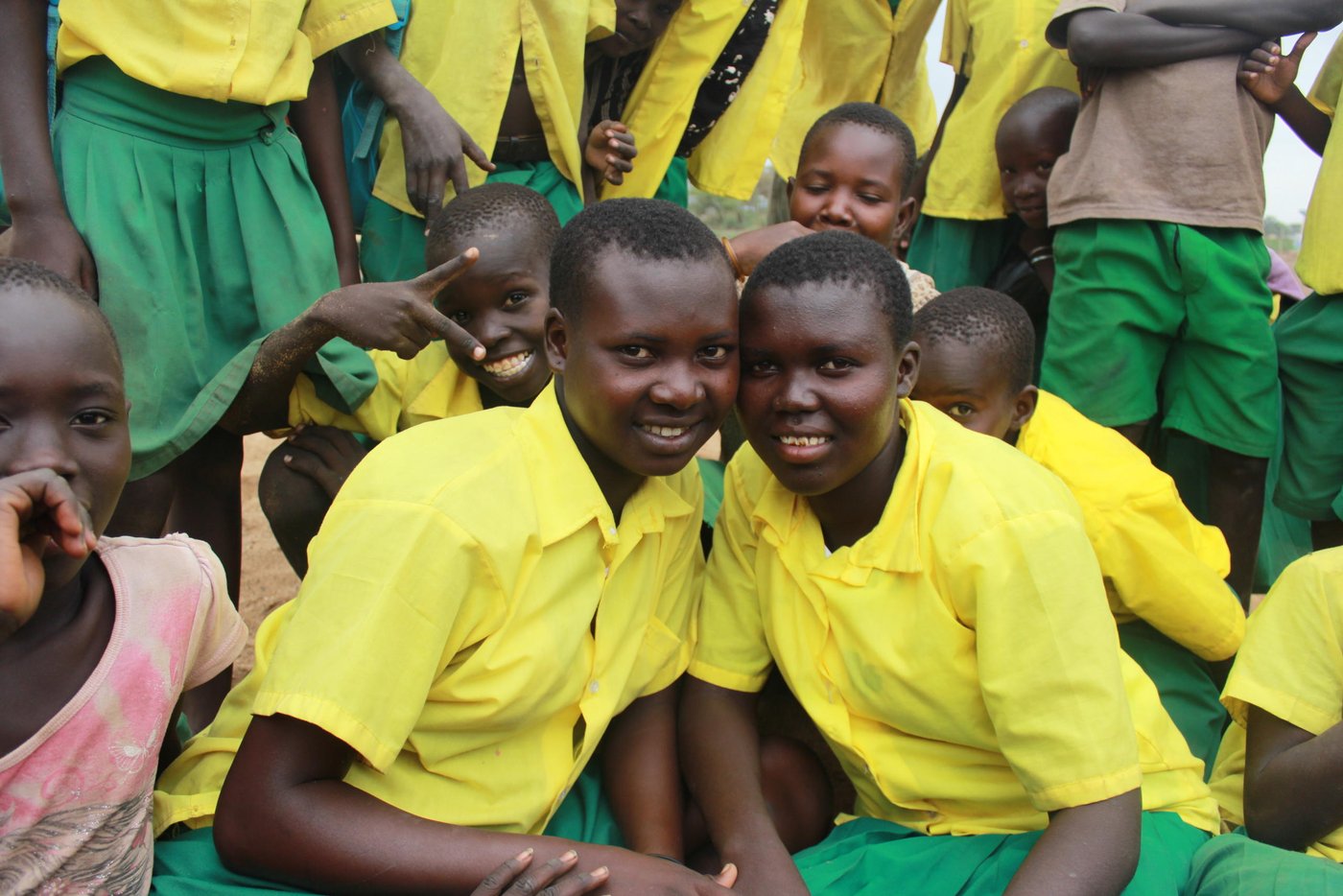
KENYA
Giving girls a second chance
Using a catch-up learning model in Kenya’s Kakuma refugee camp provides young girls flexibility in learning.
All children have a right to education, and children who have been forced to flee their homes are no exception. Providing education opportunities for crisis-affected children entails more than helping them develop academic skills. It protects them through a safe learning environment, improves their nutrition through meals at school, and gives young people hope for a better future
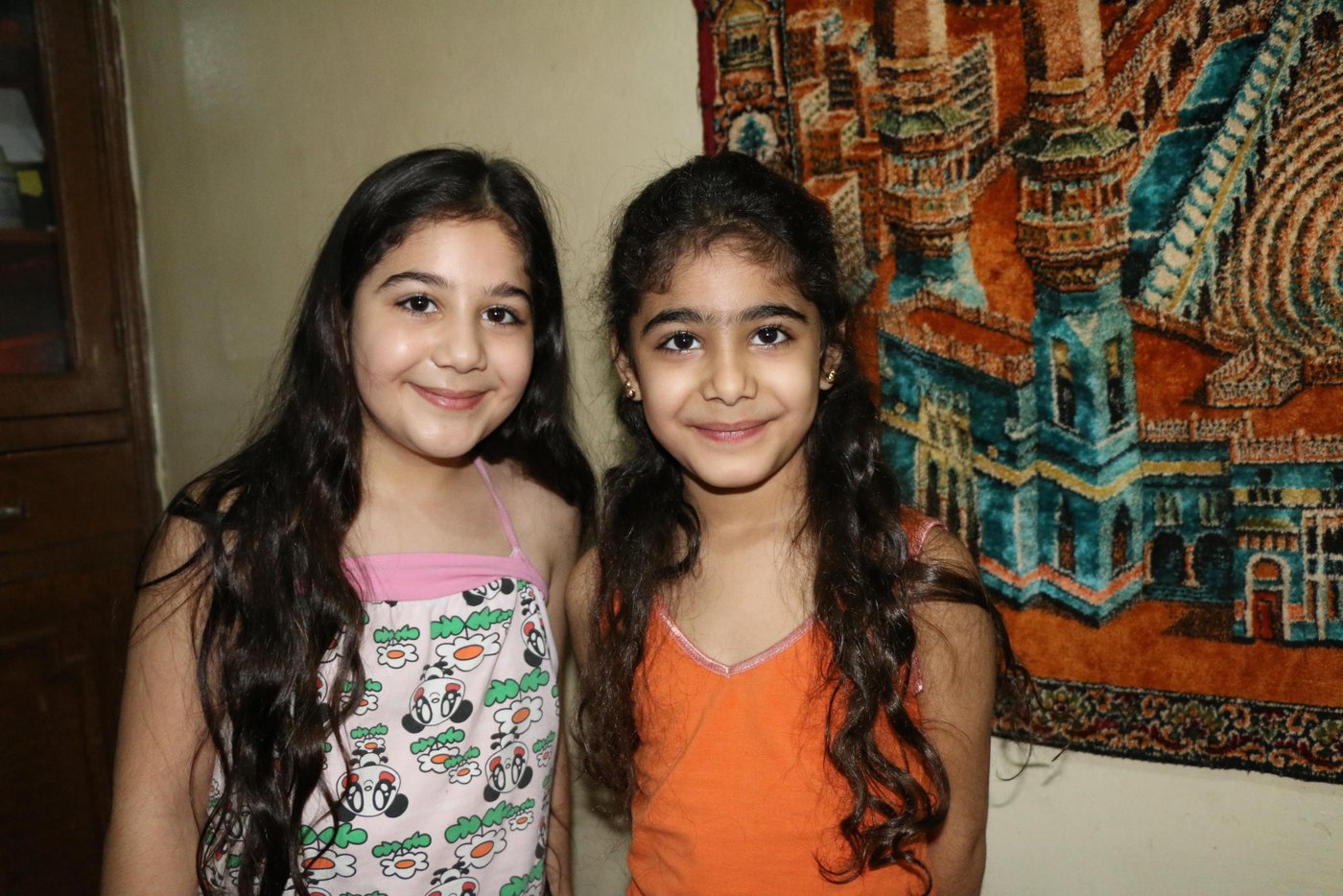
LEBANON
Back to school
Linda and Vanessa are two of thousands refugee children who have participated in non-formal education classes through the Norwegian Refugee Council. These classes prepare children who are not in school, for enrolment in public schools in Lebanon.
In 2016, their mother Amira fled to Lebanon to find safety with her family. At first it was difficult. Her daughters were upset and stressed. Amira worried about them missing school, and depriving them of an education altogether. However, during a walk at a nearby park Amira saw a sign about the summer education program at NRC's nearby community center. She contacted the staff who enrolled her children immediately.
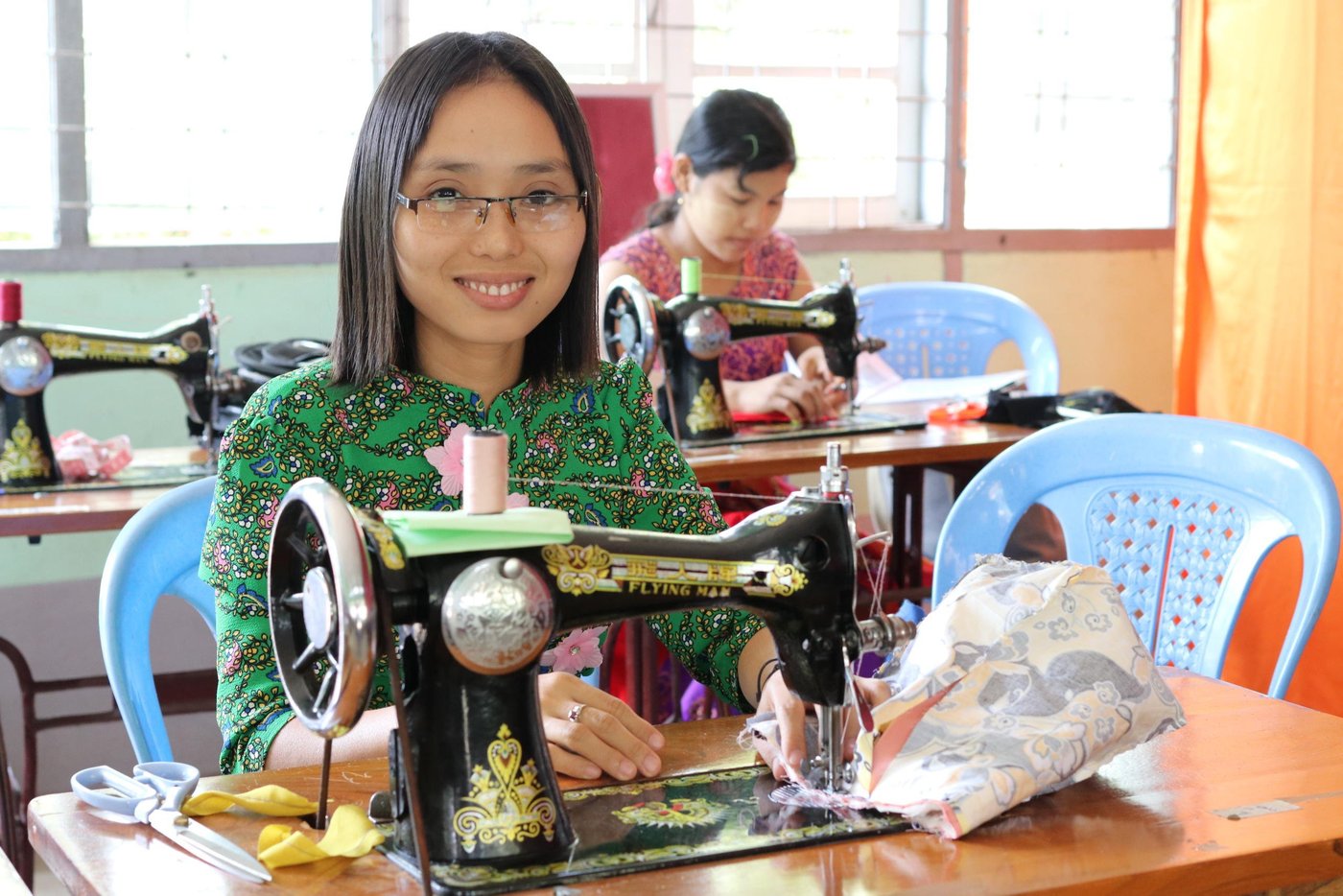
MYANMAR
Tailoring a future
She used to work long, exhausting days in the fields for Burmese landowners. Now, Naw Su Phaw wants to be her own boss.
A steady, mechanical sound buzzes from 30 manually operated sewing machines, blending in with eager chatter and laughter.
I’m visiting the Norwegian Refugee Council’s (NRC) education centre for youth in Dawei, a small town in south-east Myanmar.
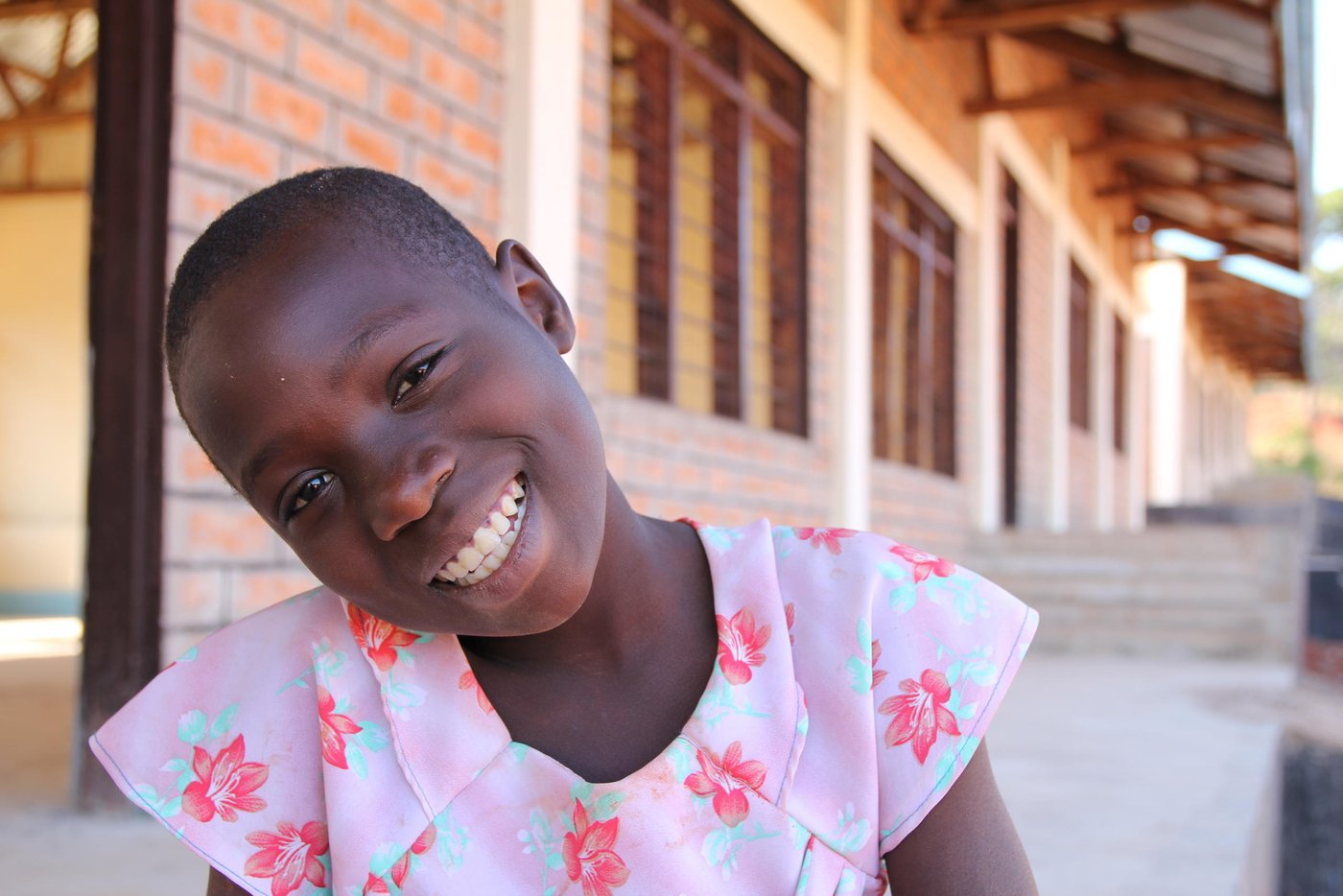
TANZANIA
Fulfilling dreams
For the first time since she fled the violence in Burundi, Diane will have a safe learning environment again. Along with hundreds of thousands of Burundians, she has sought safety in Tanzania with her family.
“I hope I will get teachers who make me laugh, like those that I had in Burundi,” says Diane. “I want to study very hard so I can become a teacher, too.”


